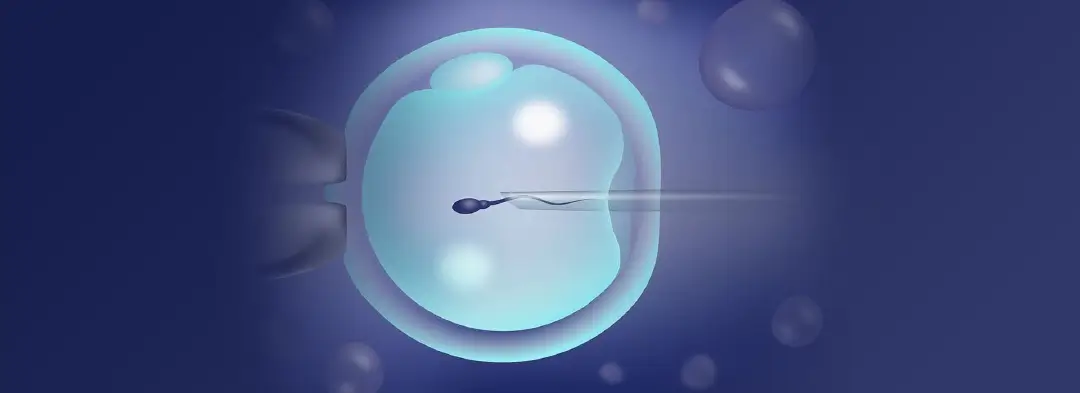

Intracytoplasmic Sperm Injection (ICSI) is an advanced fertility procedure which is a modified version of the usual IVF process. Unlike conventional IVF, where eggs are mixed with sperm in a petri dish, ICSI directly injects a single sperm into an egg to maximize fertilization chances. This method is especially beneficial for men with low sperm count, poor sperm motility, or abnormal sperm morphology.
The success rate of ICSI treatment is generally higher than conventional IVF, especially in cases of male infertility. The success rate of ICSI also depends on:
At Femcare Fertility, thanks to our top fertility experts, best embryologists team and advanced technology, the ICSI success rates are among the best in India.
The cost of ICSI in India depends on multiple factors, including the IVF center, expertise and experience of fertility specialists, and additional treatment requirements. At Femcare Fertility, we offer affordable ICSI packages without compromising quality. We also offer No-cost EMI & financial assistance options to help couples manage treatment expenses. Reach out to our team to know the detailed costing for ICSI treatment.
1. What is the difference between ICSI and IVF?
ICSI is an advanced form of IVF where a single sperm is injected directly into an egg, while conventional IVF relies on natural fertilization in a lab dish. ICSI is recommended for male infertility cases.
2. Is ICSI more successful than IVF?
Yes, ICSI has a higher fertilization rate than traditional IVF, especially for men with low sperm count or motility issues. However, overall pregnancy success depends on multiple factors like egg quality and uterine health.
3. How much does ICSI treatment cost in India?
The ICSI treatment cost in India varies but typically ranges between ₹1,50,000 - ₹2,50,000. At Femcare Fertility, we offer more affordable and customized IVF-ICSI packages based on patient medical needs.
4. Does ICSI require only fresh sperms?
No, ICSI can also be done using fresh sperms as well as frozen sperms (own or donor) which are thawed before being used for egg fertilization.
5. Is ICSI better for male infertility?
Yes, ICSI is the best treatment for male infertility, including cases of low sperm count, motility issues, and DNA fragmentation.
6. Where can I get the best ICSI treatment in Pune & Kolkata?
Femcare Fertility is one of the best infertility treatment center providing best in class ICSI treatment in Pune & Kolkata, offering affordable treatment, expert embryologists, and high success rates.
Fill in the details below to get a callback instantly